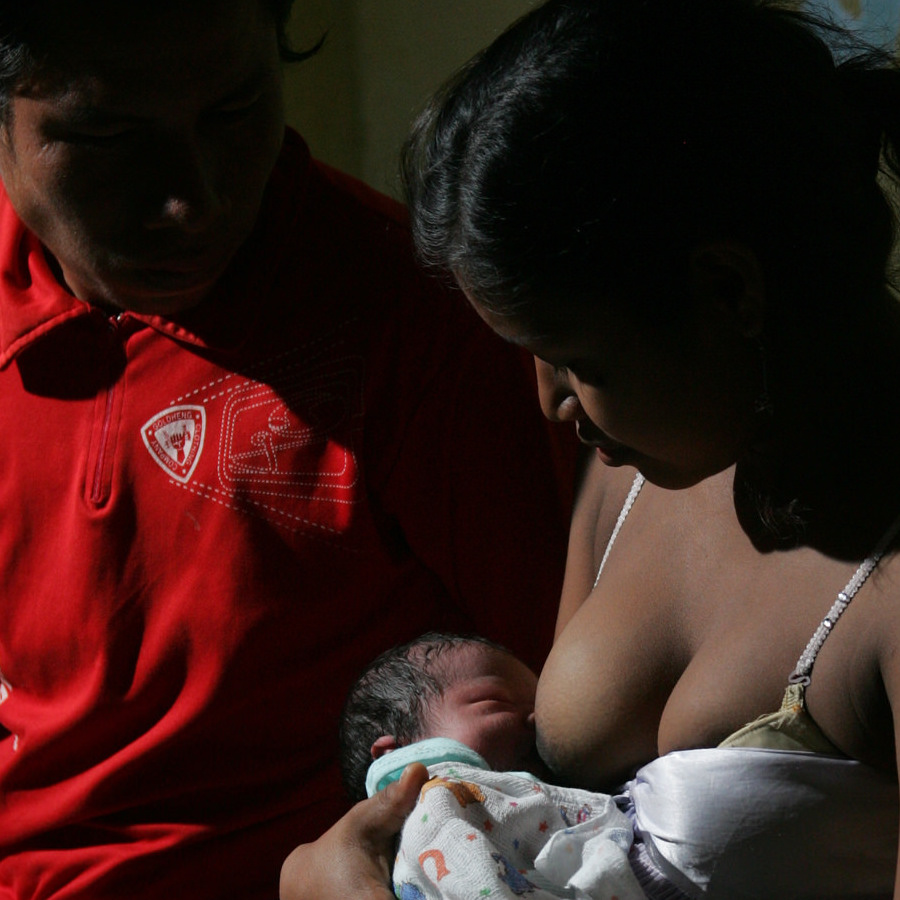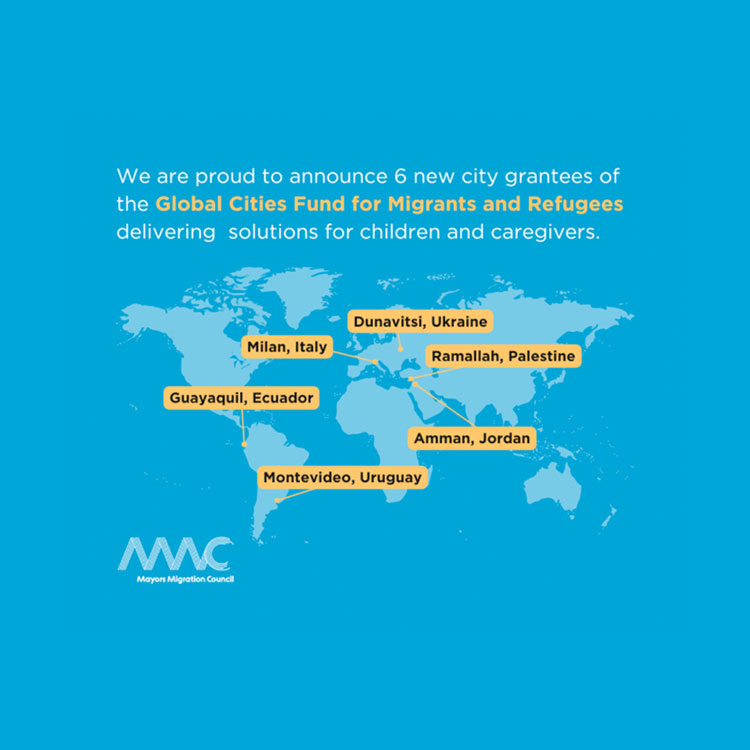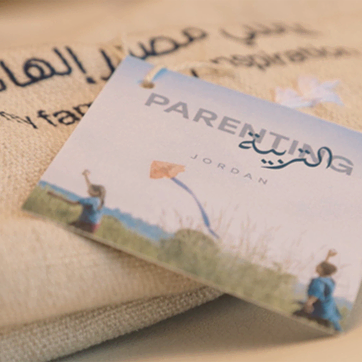Canadian Government-funded “Saving Brains” research finds: Babies exclusively breastfed to six months old half as likely to have later conduct disorders; Enriched play/stimulation to age 2 creates brighter 4-year-olds.
A pair of new studies further strengthen scientific understanding of the links between what a child experiences in the first years of life and later childhood behaviour and abilities. Funded by the Government of Canada through Grand Challenges Canada, researchers working in South Africa and Pakistan report their findings in two new papers.
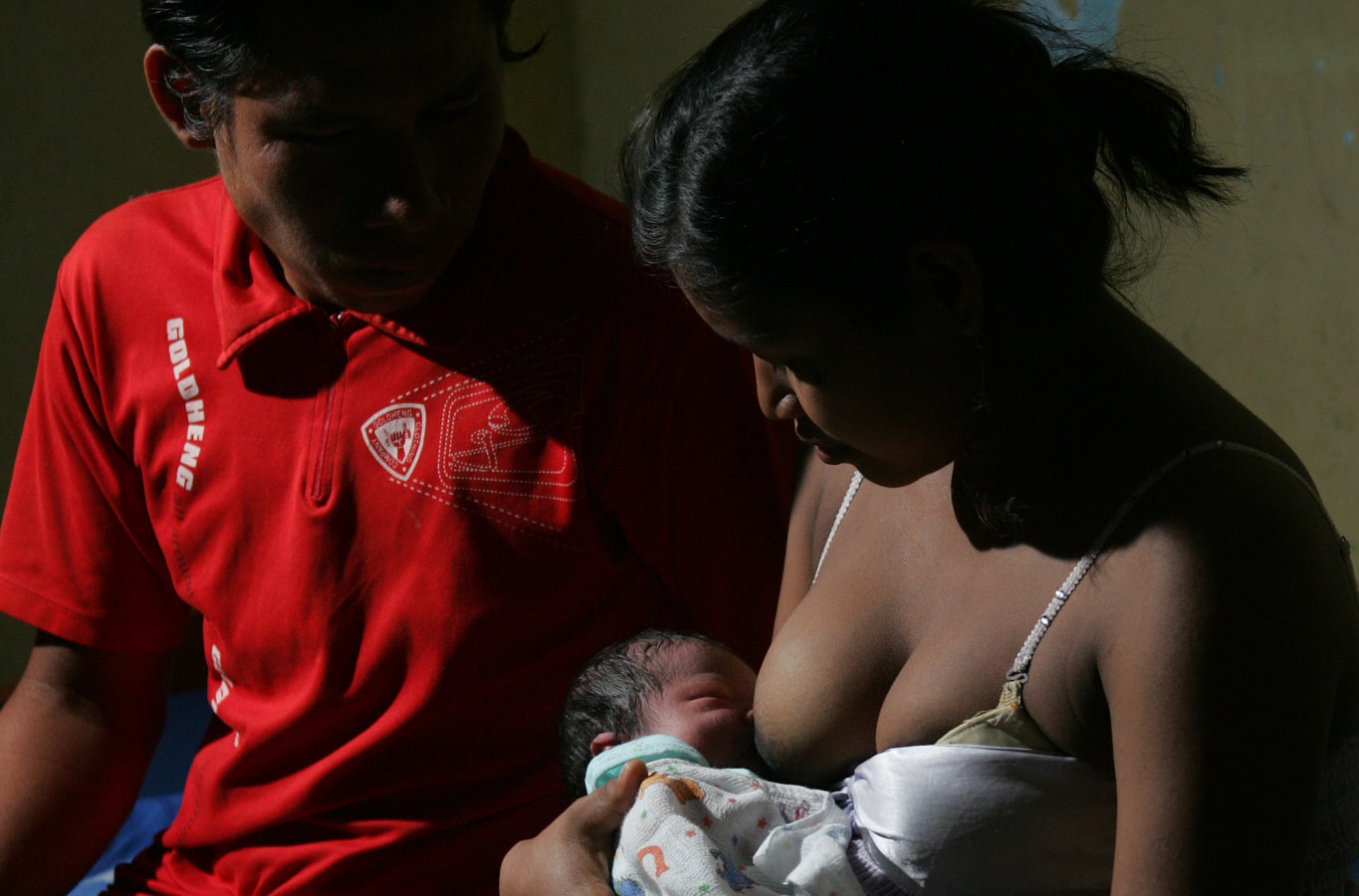
In the first study, an international team led by Dr Ruth M. Bland at the Africa Centre for Population Health assessed over 1,500 children in South Africa, 900 of whom had been involved in an early infant feeding study. They found longer durations of exclusive breastfeeding strongly associated with fewer conduct disorders at ages 7 to 11 years. Children exclusively breastfed for the recommended six months, compared with those exclusively breastfed for less than one month, were approximately half (56 percent) as likely to have conduct disorders at primary school age.
The second paper, published by The Lancet Global Health and led by Dr Aisha K. Yousafzai of Aga Khan University, Karachi, followed up a cohort of impoverished children in rural Pakistan whose parents had been guided on strengthening nutritional care and “responsive stimulation” used to the end of age 2. In the responsive stimulation intervention, caregivers were coached to observe and respond to their child’s cues during play and communication activities, improving the quality of interactions. The intervention, adapted from the UNICEF and the World Health Organization’s ‘Care for Child Development’ approach, included using everyday household items or homemade toys to stimulate children’s cognitive, language, motor and affective (emotional/feeling) skills. At age 4, children who received the responsive stimulation intervention were, to varying degrees, more likely to have:
- Higher IQ;
- Better pre-academic skills (in sizes and comparisons, and shapes);
- Better executive functioning;
- More pro-social behaviour.
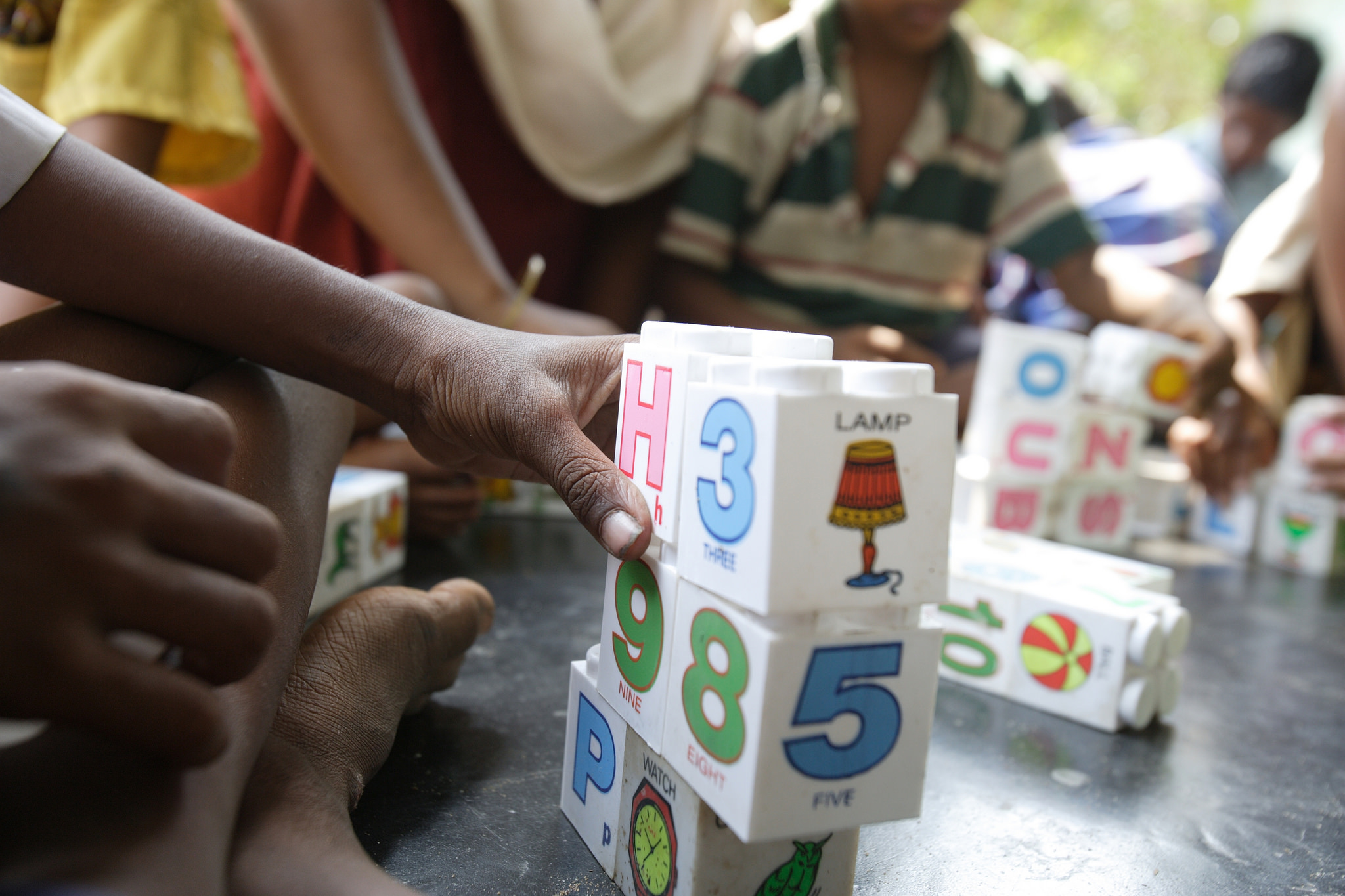
The newly published research from South Africa and Pakistan closely follows the release of another Grand Challenges Canada study, conducted by Harvard University, showing that one-third of 3- or 4-year-olds in low- and middle-income countries don’t reach expected developmental milestones.
Saving Brains is a partnership of Grand Challenges Canada, Aga Khan Foundation Canada, the Bernard van Leer Foundation, Bill & Melinda Gates Foundation, The ELMA Foundation, Grand Challenges Ethiopia, Maria Cecilia Souto Vidigal Foundation, Palix Foundation, UBS Optimus Foundation and World Vision Canada. It seeks and supports bold ideas for products, services and implementation models that protect and nurture early brain development relevant to poor, marginalized populations in low- or middle-income countries.
